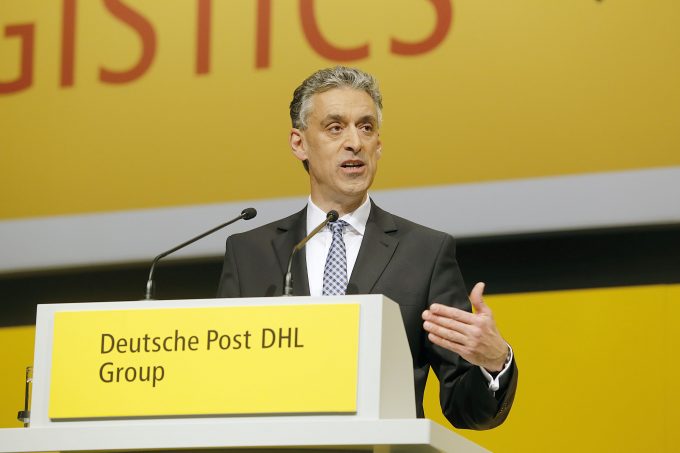Asia Pacific driving an express market set to keep delivering healthy growth
The global parcel delivery market has boasted steady growth since 2020, with Asia the largest ...
F: MAKING MONEY IN CHINAMAERSK: THE DAY AFTERDHL: NEW DEALGXO: NEW PARTNERSHIPKNIN: MATCHING PREVIOUS LOWSEXPD: VALUE AND LEGAL RISKMAERSK: DOWN SHE GOESVW: PAY CUTFDX: INSIDER BUYXOM: THE PAIN IS FELTUPS: CLOSING DEALSGXO: LOOKING FOR VALUE
F: MAKING MONEY IN CHINAMAERSK: THE DAY AFTERDHL: NEW DEALGXO: NEW PARTNERSHIPKNIN: MATCHING PREVIOUS LOWSEXPD: VALUE AND LEGAL RISKMAERSK: DOWN SHE GOESVW: PAY CUTFDX: INSIDER BUYXOM: THE PAIN IS FELTUPS: CLOSING DEALSGXO: LOOKING FOR VALUE

The Wall Street Journal has published an interview with DHL’s Frank Appel, who is looking at the next stage of the Covid challenge. He predicts that air freight capacity won’t keep up with demand when it returns, and says supply chains will have to take longer.
He said customers should “think about their supply chain and they will take more lead times for the inventory, if they have enough in stock, and put it on shipping lines, even for higher-value products. The capacity on the sea vessels is significantly larger than the airfreight.”
He also believes that this is not the end of globalisation, but perhaps the start of a new structure for supply chains, which will become more resilient, spreading sourcing among more factories – but not all re-shoring.
Worth a read.
Comment on this article